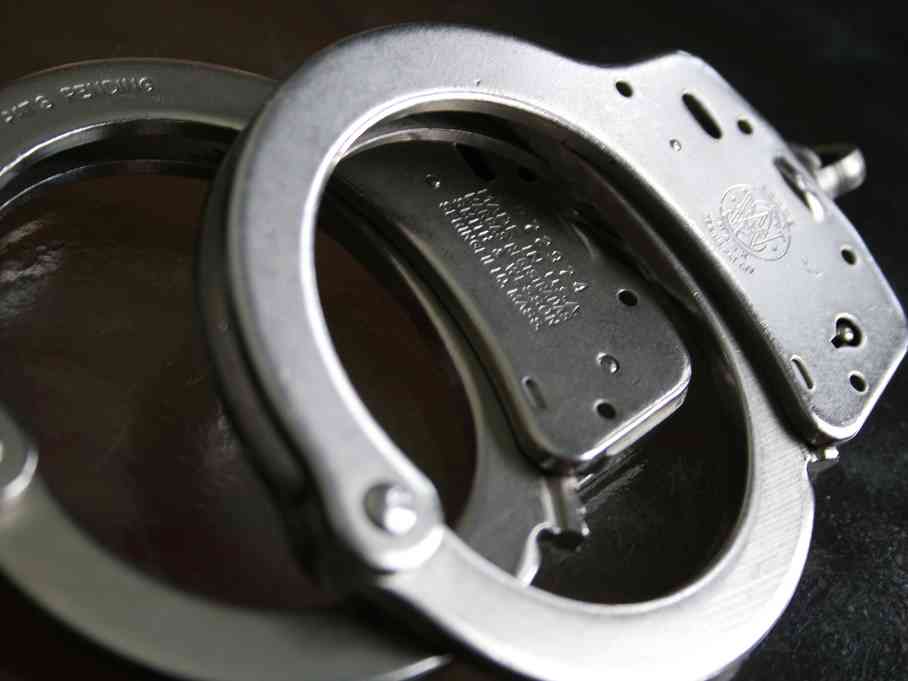David Cameron has announced that he will hold a vote in Parliament on the UK opting back in to the European Arrest Warrant.
The decision will take place before a crucial by election in Rochester and Strood which, if the Conservatives lose, leaves the sword of Damocles hanging above the Prime Minister’s head.
Since UKIP’s continued rise in the polls, Cameron has been under pressure, particularly from his backbench MPs, to take a firmer line on the EU and immigration in particular.
Up to 100 Tory MPs are expected to vote to opt out of the European Arrest Warrant, which they say gives other countries legal systems unacceptable power of British citizens and exposes them to extradition requests over trivial cases.
Cameron will need to rely on the support of Europhile MPs from Labour and the Liberal Democrats in order for Britain to opt back in to the agreement which has seen travesties of justice take place on the say so of a magistrate in a foreign court.
Crucially, Prima Facie evidence does not need to be presented before a magistrate can sign an order which requires the British justice system to deport someone to foreign custody.
Mr Cameron said that the arrest warrant is vital for “keeping Britain safe from serious criminals and terrorists”.
But student Andrew Symeou disagrees.
He was extradited to Greece after being accused of killing Jonathan Hiles in a nightclub when he was on holiday. Despite the description of the man who threw the punch not fitting Andrew’s description, despite him not being in the nightclub at the time the punch was thrown and despite Westminster Magistrates Court raising concerns about the evidence, they had no power to stop the extradition.
“Being in a maximum security prison at that age (19) in a foreign country when you can’t really understand the language at all – this was the worst stage of my life. I was accused of killing someone I didn’t… I don’t think people can understand how scarring that can be for a young person,” he told BBC 5 Live.
“British courts did not have the discretion to prevent my extradition… I want to stop this happening to other innocent people.”
Andrew had flown home from Zante when his two friends were picked up by police and threatened that they must sign a statement saying their friend threw the punch which killed Jonathan Hiles. When they were freed from the police station they went to the British Embassy to explain the situation they had found themselves in.
“The way they work is not the way we work over here,” said Andrew.
“You don’t beat up two people to sign things they don’t understand and then write statements in a language that five other witnesses don’t understand, saying what you want and asking them to sign it. That’s not an investigation, that’s a fabrication.”
The EAW was more recently in the news when the parents of Ashya King were chased across the continent because they wanted their son to have life saving treatment which the NHS denied him.
At the time the family called on politicians to help them: when they were discovered Spanish police held them away from their child in custody since they were responding to a warrant for their arrest.
The decision to lock them up earned widespread condemnation, but in fact they were only doing what the European Arrest Warrant demanded of them.
Those who argue against the EAW say that the decision on Justice and Home Affairs should not be given to supranational organisations or officials in foreign countries.
Whichever way the vote goes it will cause problems for the Prime Minister and play straight into UKIP’s hands.

COMMENTS
Please let us know if you're having issues with commenting.